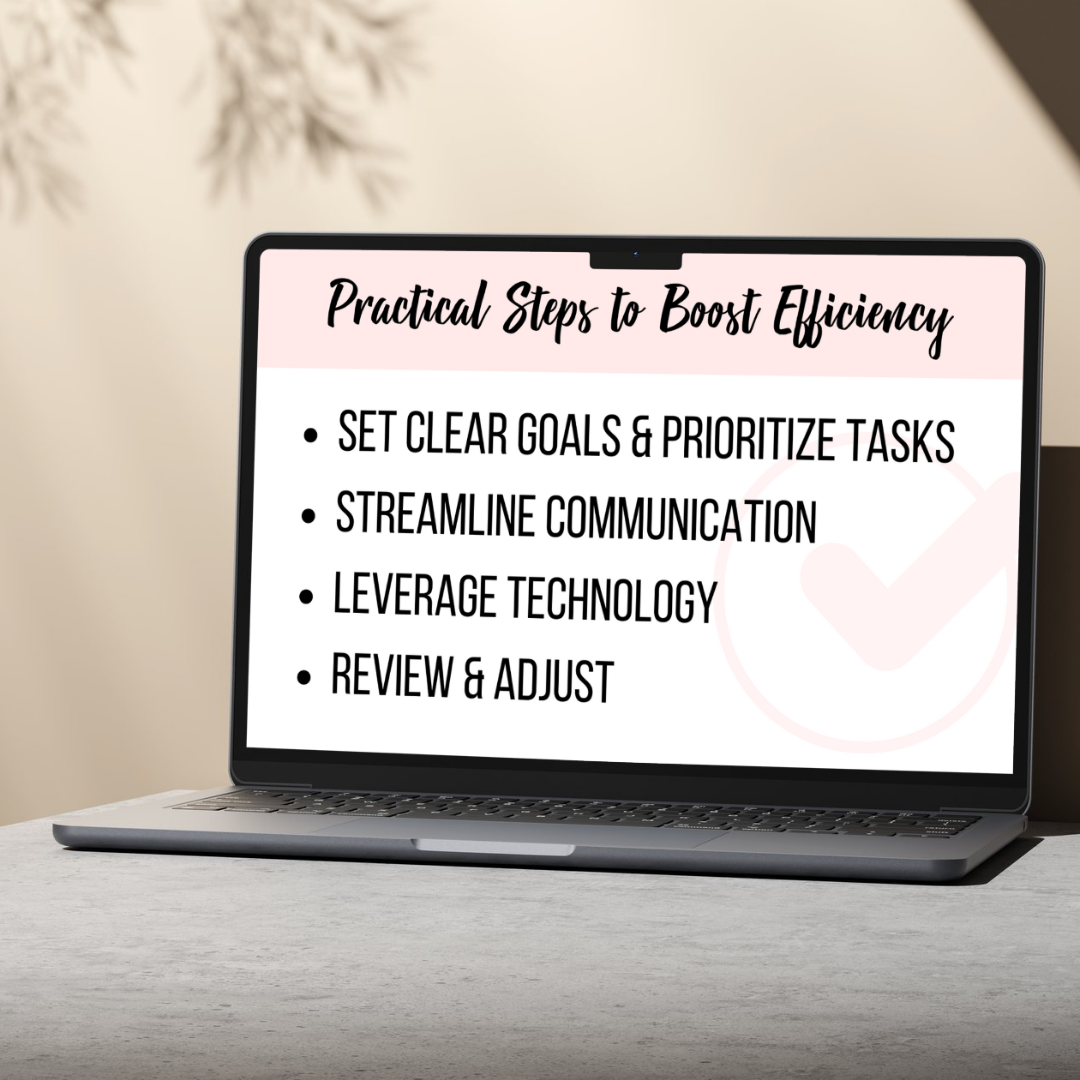Why Efficiency is the Key to PM Success
As project managers, we wear many hats. From juggling deadlines and budgets to coordinating teams and ensuring stakeholder satisfaction, our to-do lists never seem to end. In this whirlwind of tasks, one core skill often determines our success or failure: efficiency.
Efficiency isn’t just about working faster—it’s about working smarter. It’s the difference between a project that runs like a well-oiled machine and one that feels like it’s constantly on the verge of collapse. Let’s explore why efficiency matters and how you can cultivate it as a project manager.
The Benefits of Efficiency in Project Management
1. Improved Team Performance
Efficient project managers lead by example. When you demonstrate streamlined processes and organized workflows, your team follows suit. Clear expectations and consistent communication reduce confusion and allow team members to focus on their tasks, leading to better performance overall.
2. Time Savings
Every project comes with tight deadlines. Efficient processes eliminate unnecessary steps, reduce redundancies, and free up time to focus on what truly matters. By managing time wisely, you can handle unexpected challenges without derailing the entire project.
3. Enhanced Stakeholder Relationships
Stakeholders expect timely updates and successful outcomes. When you operate efficiently, you can provide accurate status reports, meet deadlines, and manage expectations effectively. This builds trust and strengthens professional relationships.
4. Reduced Stress
A chaotic project creates stress for everyone involved. Efficiency brings order to the chaos, giving you and your team clarity and control. With fewer last-minute scrambles, you can focus on delivering quality results while maintaining your sanity.
The Role of Discovery in Efficiency
Understanding True Discovery
Discovery has been one of the most pivotal aspects of my work as a project manager. I’ve seen firsthand how digging deep during this phase can uncover the true needs, goals, and challenges of a project. This phase is often overlooked in its level of importance because it can feel long and drawn out and it’s a phase where you don’t see a lot of tangible progress happening. One experience stands out where skipping or rushing through discovery would have led to significant challenges later.
Adapting When Discovery Expands the Scope
In one project, our discovery phase revealed complexities that expanded the scope far beyond the original plan. Initially, it felt overwhelming, but it became an opportunity to realign priorities and set the project up for long-term success. Here’s how I approached it:
Communicating Early and Often: As soon as the new complexities surfaced, I made it a priority to update stakeholders immediately. This transparency ensured that everyone understood the changes and avoided surprises later on.
Reassessing Goals and Priorities: The insights from discovery led me to sit down with the team and stakeholders to revisit our goals. We identified what was truly essential and what could be adjusted or deferred, creating a clearer path forward.
Adjusting Timelines and Resources: In this project, we weren’t able to extend timelines, so the expanded scope meant we had to work to get deeper alignment and stay more closely connected on status to reach the end goal. By implementing more frequent check-ins and refining our communication practices, we ensured the project stayed on track without compromising quality.
Documenting Changes: Throughout the process, I maintained detailed documentation of our discoveries, decisions, and adjustments. This helped us stay aligned and provided clarity to everyone involved.
This experience reinforced how critical discovery is. By embracing the challenges it brought, we turned potential setbacks into opportunities for success. True discovery doesn’t just identify problems—it sets the foundation for meaningful solutions.
Practical Steps to Boost Efficiency
1. Set Clear Goals and Prioritize Tasks
At the start of every project, define specific, measurable goals. Break these down into smaller tasks and prioritize them based on importance and urgency. Tools like Kanban boards or task management software can help keep everything organized.
2. Streamline Communication
Communication breakdowns are a leading cause of inefficiency. Establish clear channels and guidelines for team communication. For example, use email for formal updates, Slack for quick questions, and meetings only when necessary. Consistency is key.
3. Leverage Technology
From AI-powered chatbots to workflow automation tools, technology can save you countless hours. Identify bottlenecks in your processes and explore tools that can help streamline these areas. The right technology can transform how you manage projects.
4. Review and Adjust
Efficiency isn’t a one-time effort. Schedule regular reviews to assess what’s working and what isn’t. Use team feedback and performance metrics to adjust your strategies and continuously improve.
Closing Thoughts
Efficiency is more than a buzzword—it’s the foundation of successful project management. By focusing on streamlined processes, effective communication, and continuous improvement, you can deliver better results, foster stronger teams, and reduce stress along the way.
As you look at your current projects, ask yourself: What’s one area where I can improve efficiency? Whether it’s reorganizing your workflow, embracing new tools, or improving communication, small changes can lead to big results.

